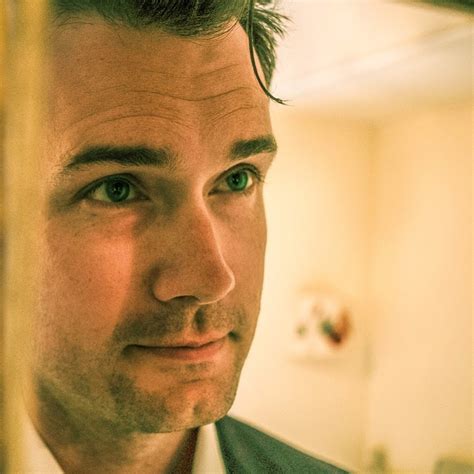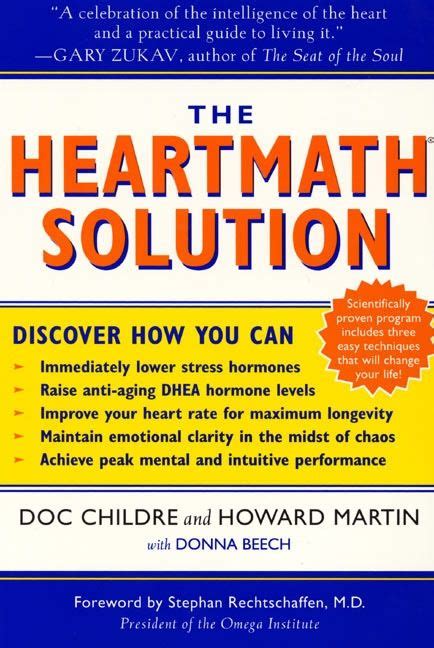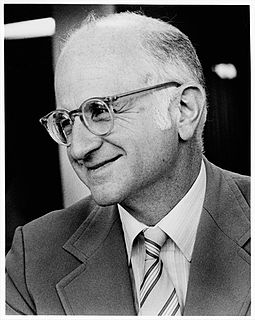A Quote by Izzeldin Abuelaish
Anger and violence in Gaza and among Gazans is completely predictable. In a situation like ours, the absence of violence and anger would be abnormal. All of of us feel angry at least occasionally.
Related Quotes
All violence is injustice. Responding to violence with violence is injustice, not only to the other person but also to oneself. Responding to violence with violence resolves nothing; it only escalates violence, anger and hatred. It is only with compassion that we can embrace and disintegrate violence. This is true in relationships between individuals as well as in relationships between nations.
People are often very frightened of their anger. They feel it will cause them to do something harmful. If you have this fear, create a safe situation where you can express your anger, alone or with a trusted therapist or friend. Allow yourself to talk angrily, shout, hit pillows, whatever you feel like. Once you've done this in a safe environment, you will have released some of the charge, and you can look underneath the anger to find what you need to do to take better care of yourself. Like any emotion, anger is a valuable tool, teaching us who we are and how we feel.
Like anyone else, I too have the potential for violence; I too have anger in me. However, I try to recall that anger is a destructive emotion. I remind myself that scientists now say that anger is bad for our health; it eats into our immune system. So, anger destroys our peace of mind and our physical health. We shouldn’t welcome it or think of it as natural or as a friend.
A very elementary exercise in psychology, not to be dignified by the name of psycho-analysis, showed me, on looking at my notebook, that the sketch of the angry professor had been made in anger. Anger had snatched my pencil while I dreamt. But what was anger doing there? Interest, confusion, amusement, boredom--all these emotions I could trace and name as they succeeded each other throughout the morning. Had anger, the black snake, been lurking among them? Yes, said the sketch, anger had.
Anger cannot be overcome by anger. If someone is angry with you, and you show anger in return, the result is a disaster. On the other hand, if you control your anger and show its opposite - love, compassion, tolerance and patience - not only will you remain peaceful, but the other person's anger will also diminish.
So if we can't express it or repress it, what do we do when we feel angry? The answer is to recognize the anger, but choose to respond to the situation differently. Easier said than done, right? Can you actually imagine trying to strong-arm your anger into another, more amicable feeling? It would never work. Determination alone won't work. It takes a new intelligence to understand and manage our emotions. By getting your head and heart in coherence and allowing the heart's intelligence to work for you, you can have a realistic chance of transforming your anger in a healthy way.
If you vent anger with the object of spreading your toxic feelings, the result will have nothing to do with healing. Your anger is your weapon. On the other hand, if you release anger the way you'd expel a rock from your shoe, your intention clearly has healing behind it. Once the anger starts flowing, both of these alternatives might feel the same. Anger is anger. But if you have a healing intention, two things will happen: you will feel more peaceful after your anger has been released, and you will feel like an old, fixed belief in enemies and injustice has started to move.
I'm so sick of seeing guns in movies, and all this violence; and if there was going to be violence in Pines, I wanted it to actually be narrative violence. I wasn't interested in fetishizing violence in any way of making it feel cool or slow-motion violence. I wanted it to be just violence that affected the story.
I must remind you that starving a child is violence. Suppressing a culture is violence. Neglecting school children is violence. Punishing a mother and her family is violence. Discrimination against a working man is violence. Ghetto housing is violence. Ignoring medical need is violence. Contempt for poverty is violence.
Anger makes people feel uncomfortable, because the minute somebody shows it, it puts you in a position where you can't laugh or make light of something... not to trivialise it I don't mean. But your reaction to anger is supposed to be fear or returned anger. So, you're really trying to control a situation when you show anger and it's a very weak position to take. It often works on people who aren't in a position to fight back.




































